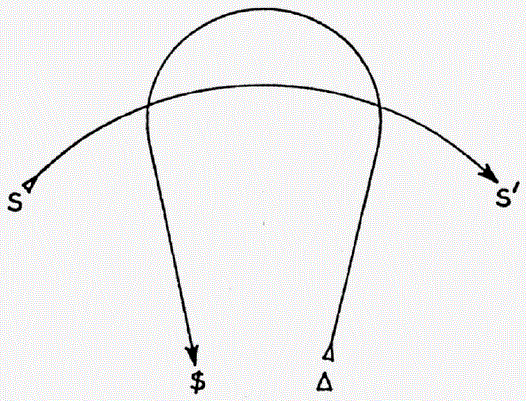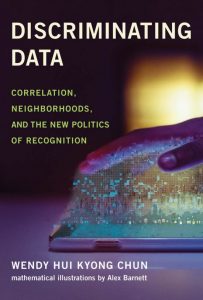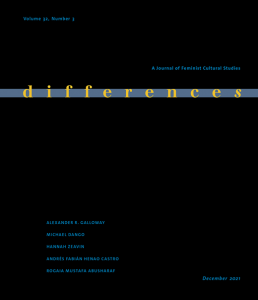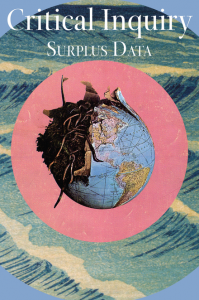The following short translation is from Catherine Malabou's new book, Au voleur! : Anarchism et philosophie which deals with the often troubled relationship between anarchism and philosophy. A hefty volume, with chapters on Aristotle, Schürmann, Levinas, Derrida, Foucault, Agamben, and Rancière, the book explores why some thinkers are willing to profess a kind of ontological anarchism, while at the same time avoiding anarchism in their own politics. This page comes toward the end of the book and offers a nice overview of some of the various positions discussed by Malabou. Let me know if you notice any mistakes in translation.
"I am an anarchist" -- For philosophers, this is an impossible claim, now and forever.
One can not be an anarchist. The phenomenon of the anarchy of being, in an age when principles wither away, resists reduction to any ontic determination. Being is no longer understood in such and such a way, and thus being ceases to fulfill its function as a predictive or determining agent (Schürmann).
One can not be an anarchist. In reality, anarchy reveals itself to be more fundamental than ontology, exceeding ontological difference itself (Levinas). Its "saying" exceeds its "said," and hence endlessly overflows the propositional form itself, by carrying the responsibility of obligation beyond the question of essence.
One can not be an anarchist. As soon as we associate anarchy and power -- "the power to be an anarchist" -- we recognize, in one way or another, how anarchism participates in the drive toward mastery (Derrida).
One can not be an anarchist. It's not the predicate "anarchist" that transforms the subject and makes the subject anarchist by determining its qualities. No, the subject must first elaborate its own anarchic dimension, must first cultivate its own propensity for transformation, in order to constitute itself as an anarchic subject prior to "being" it and predicating it (Foucault).
One can not be an anarchist. This term is a signifier so inflated with the emptiness of its own signified that it has become a fetish, made sacred, and hence announces a new kind of idolatry (Agamben).
One can not be an anarchist. The negativity at work in politics, the basic structure of misunderstanding and miscalculation, means it cannot be localized. Political expressions are rare and intermittent, appearing sometimes but only in eclipse. Negativity puts things in play and never comes to rest (Rancière).
"I am an anarchist" -- Each word in this sentence poses an insurmountable obstacle to all the others, an echo of the untenable political character of anarchism itself.
(Source: Catherine Malabou, Au voleur!: Anarchism et philosophie [Paris: PUF, 2022].)
 The first term in Euclid’s Elements came as a surprise to me. The first term in Euclid’s hefty treatise on geometry is not number or line, not triangle or sphere, not mathematics, and not even geometry itself. The first term in Euclid’s elements is point: “A point is that which has no part.”
The first term in Euclid’s Elements came as a surprise to me. The first term in Euclid’s hefty treatise on geometry is not number or line, not triangle or sphere, not mathematics, and not even geometry itself. The first term in Euclid’s elements is point: “A point is that which has no part.”
 Math has a gender issue... but how and why?
Math has a gender issue... but how and why? Oh, for days long gone, when intellectuals sparred over symbolic economies and cultural logics. Gone are those heady chats about écriture and the pleasures of textuality. How quaint would it seem today for a critic to proclaim, defiant, that there is nothing outside of the text. Who speaks that way anymore? Who speaks of word, symbol, text, code, economy, social structures, or cultural logics? Of course, many of us still do; nevertheless, this language feels reminiscent of another time. Or, to be more precise, the language of language is reminiscent of another time.
Oh, for days long gone, when intellectuals sparred over symbolic economies and cultural logics. Gone are those heady chats about écriture and the pleasures of textuality. How quaint would it seem today for a critic to proclaim, defiant, that there is nothing outside of the text. Who speaks that way anymore? Who speaks of word, symbol, text, code, economy, social structures, or cultural logics? Of course, many of us still do; nevertheless, this language feels reminiscent of another time. Or, to be more precise, the language of language is reminiscent of another time.